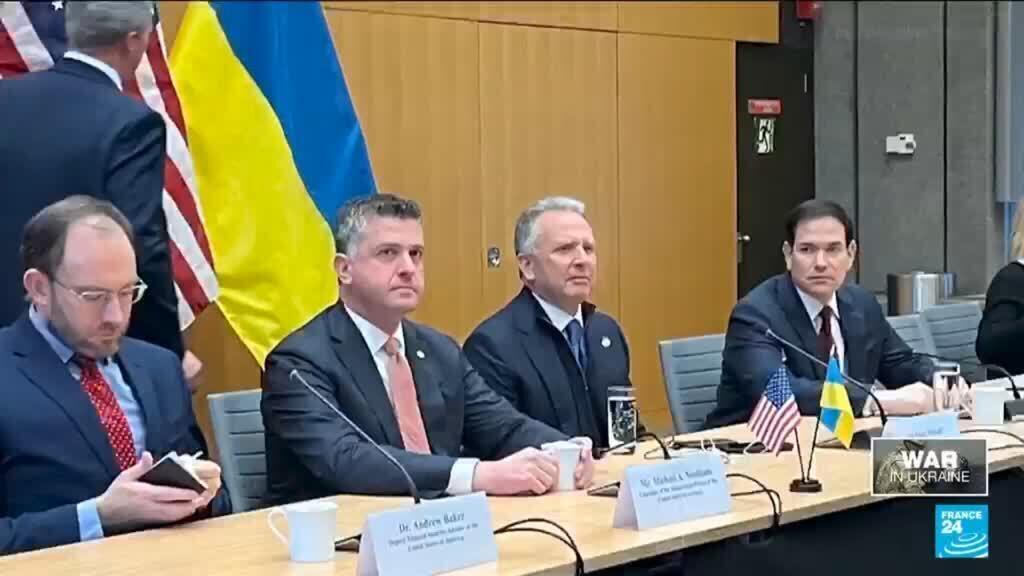Washington has indicated a willingness to negotiate a comprehensive 28-point plan aimed at resolving the ongoing war in Ukraine. This development comes amid growing tensions surrounding the proposal, with various stakeholders expressing their views on its implications and credibility. The U.S. government has countered claims made by some senators who have labeled the plan as a "wish list" for Russia, asserting that it should not be perceived as a document biased in favor of the Kremlin.
The plan, which reportedly consists of various measures designed to foster peace in Ukraine, has been met with skepticism from Kyiv and several European allies. Ahead of crucial talks scheduled for Sunday in Geneva, these parties have vocalized their concerns, stating that the proposed points may not adequately address the complexities of the situation on the ground. High-ranking officials from Ukraine have described certain aspects of the plan as unacceptable, signaling potential friction among allies as discussions loom.
In response to the criticisms, Washington has reiterated that the proposal is simply a starting point for negotiations, not a definitive endpoint. Officials have emphasized the importance of engaging in dialogue to find common ground that respects Ukraine's sovereignty and territorial integrity while also exploring paths to peace. The U.S. administration is keen to involve various stakeholders in these discussions, aiming to establish a consensus that can lead to a de-escalation of the conflict.
The backdrop for this renewed diplomatic push is the deteriorating situation in Ukraine, which has faced continuous military aggression from Russia since 2014. The ongoing conflict has resulted in significant loss of life, displacement of civilians, and a humanitarian crisis exacerbated by the protracted warfare. Given these dire circumstances, the urgency for a resolution has never been greater, but the path forward remains fraught with challenges.
European allies have also expressed their wariness regarding the 28-point outline, fearing that it could inadvertently legitimize Russia's actions or provide them with a strategic advantage. There are prevailing concerns about the potential implications of engaging in negotiations that could be perceived as appeasement, undermining the principles of international law and order. In light of these perspectives, the upcoming talks in Geneva are crucial, as they may set the tone for future engagements between the involved parties.
As discussions unfold, both Washington and its European allies are tasked with balancing the need for a timely resolution with their commitments to uphold Ukraine's rights. Navigating this delicate situation necessitates strategic diplomacy, as any misstep could lead to further escalation or the potential for misinterpretation of intentions. The ramifications of the negotiations will not only impact Ukraine and Russia but could also reverberate throughout the geopolitical landscape of Europe and beyond.
With the talks approaching, stakeholders are preparing for the challenging dialogue ahead, with the hope that mutual understanding and respect for sovereignty can lead to a lasting resolution. The stakes are high, and all parties are acutely aware that the outcome will significantly influence the future of Ukraine and the broader region.












